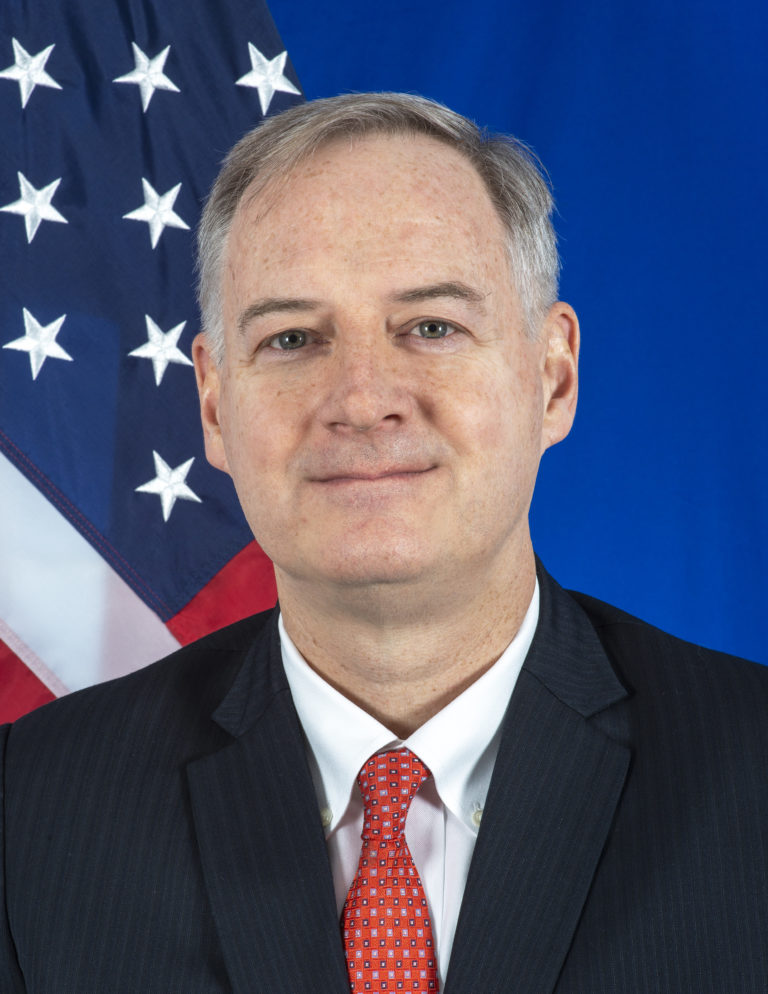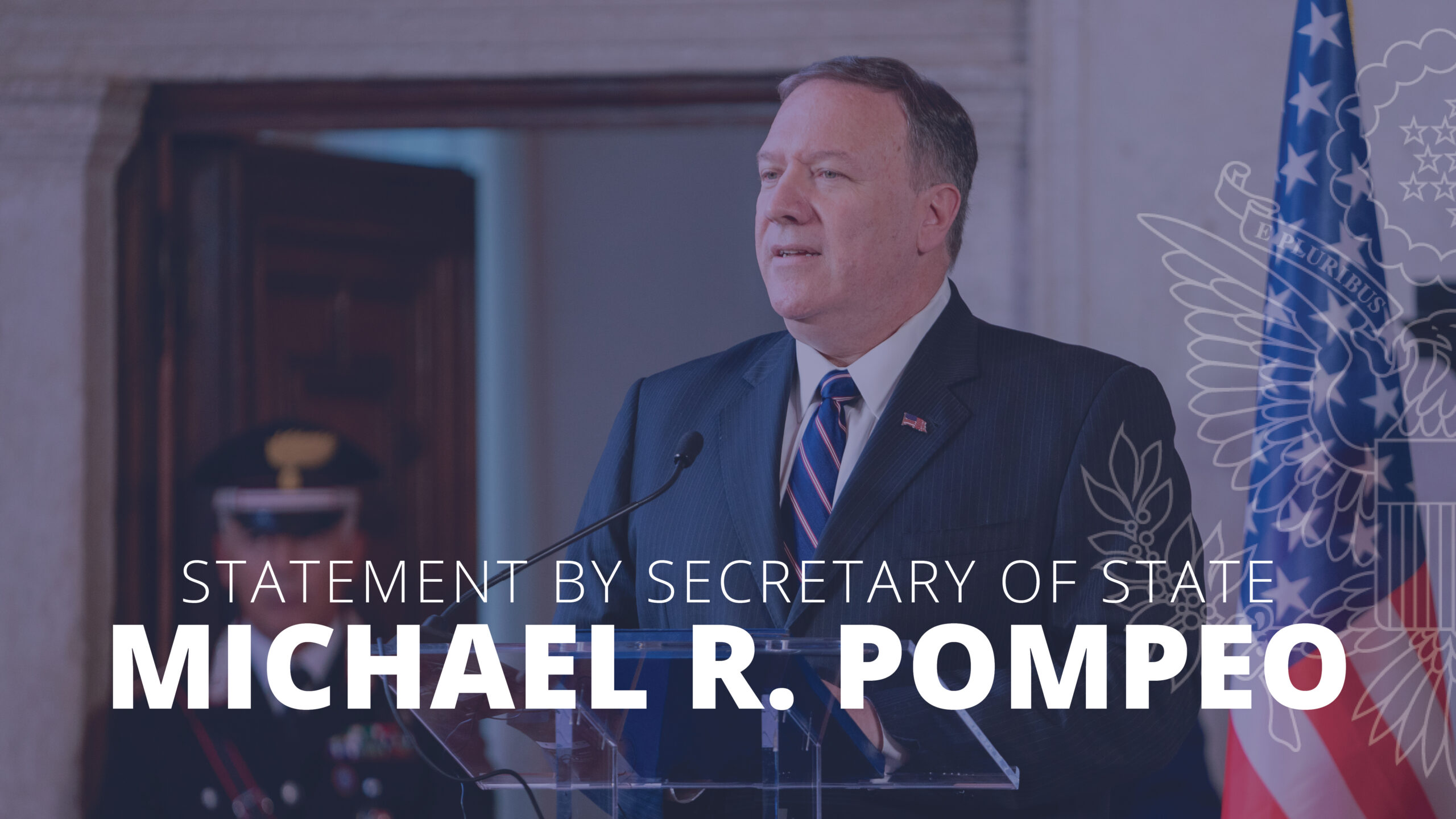![Yemen [Shutterstock]](https://webarchive.library.unt.edu/web/20210105055133im_/https://www.state.gov/wp-content/uploads/2019/04/Yemen-2560x1011.jpg)
International Travel Information
What you need to know before you go: visas, Embassy & Consulate locations, vaccinations, etc.
International Travel Information: Learn MoreHighlights
The United States Sanctions IRGC Facilitators in Iran and an IRGC Official in Yemen
U.S. Relationship
U.S.-Yemen Relations
In 1994 civil war broke out in Yemen over North-South contentions and the country continues to struggle with issues over unification. In the fall of 2014, Houthi militant groups allied with forces loyal to ex-President Ali Abdallah Saleh entered the capital, Sanaa, and seized control of government institutions – sending the Hadi government into exile in Saudi Arabia. U.S. Embassy Sanaa suspended operations in February 2015. A Saudi-led Coalition of ten member states initiated an air-campaign in March 2015. The country remains deeply divided, with pockets of violent conflict ongoing. The Houthis continue to control much of the northwest, including the capital. Meanwhile, the Yemeni government has re-established an intermittent presence in the southern port city of Aden.
U.S. Assistance to Yemen
The ongoing conflict exacerbated already high levels of need in Yemen, pushing the country into a humanitarian crisis. The UN estimates that more than 24 million people, or nearly 80% of the entire population, are in need of humanitarian assistance, more than any other single country today. The U.S. government has provided more than $630 million in humanitarian assistance to Yemen since the beginning of fiscal year 2020. Through USAID and the Bureau for Population Refugees and Migration, the U.S. Government supports interventions including emergency food assistance, medical treatment and vaccination support for children, emergency obstetric services for women, blankets and household goods for displaced families, and hygiene kits and water treatment supplies to reduce the spread of disease. This also includes support for vulnerable refugees and migrants living in Yemen.

